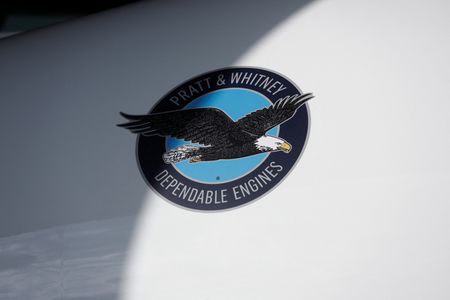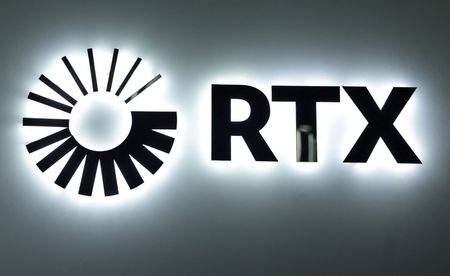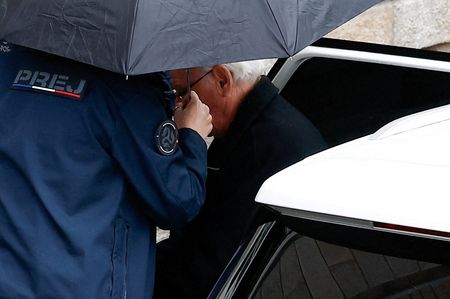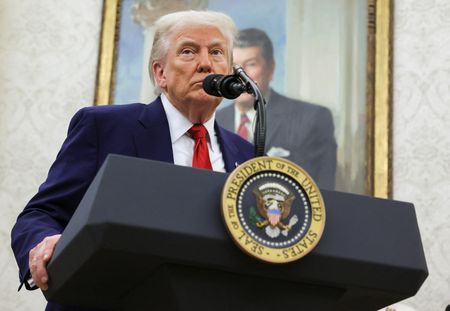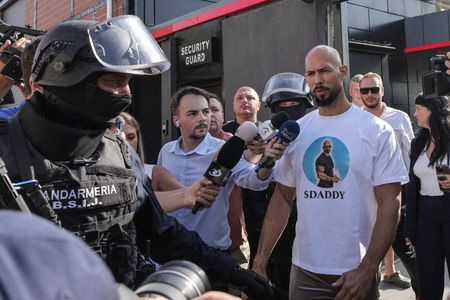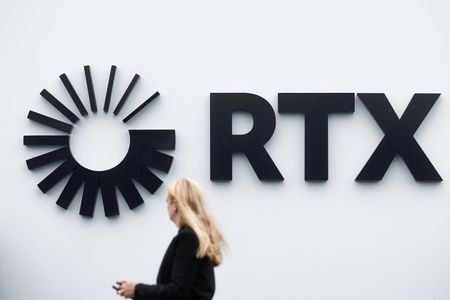By Dan Catchpole
(Reuters) -Union members at aircraft engine maker Pratt & Whitney overwhelmingly approved the company’s contract offer on Tuesday, ending a three-week strike, according to the International Association of Machinists and Aerospace Workers.
The union, representing nearly 3,000 members at two Pratt & Whitney sites in Connecticut, said the offer was approved by 74%. IAM members had rejected the company’s first offer in early May.
Under the contract, Pratt & Whitney pledged to continue to operate its two facilities in Connecticut, in East Hartford and Middletown, through 2029. Specifics of that commitment were not immediately available.
Keeping work at the two Connecticut facilities was a top priority for the union, which had worried that work could be moved to non-union factories out of state.
The union, which went on strike on May 5, said workers will be back on the job on Wednesday.
Pratt & Whitney, part of RTX Corp, produces engines for Lockheed Martin’s F-35 fighters and about 70% of the geared turbofan engines used in European planemaker Airbus’ strong-selling A320 neo family.
Both the union and the company praised the labor agreement.
The contract “is a testament to the power of collective bargaining and the importance of respecting the workforce,” IAM Union International President Brian Bryant said in a statement.
The vote “reaffirms our commitment to the people, programs and communities that have powered our legacy — and will shape our next century of aviation innovation,” a Pratt & Whitney spokesperson said.
The strike was the first in more than 20 years at the engine maker’s Connecticut sites.
The agreement is the latest in a string of contract wins for unionized manufacturing workers in the United States. In November, nearly 33,000 IAM members at Boeing approved a new four-year contract with a 38% wage increase.
Several federal, state and local elected officials had joined striking workers on the picket line. After Pratt suspended workers’ health insurance two weeks into the strike, Connecticut Attorney General William Tong accused the company of “punishing and intimidating workers for exercising their legal rights,” according to news reports.
During the strike, Pratt reassigned some engineers to production lines as part of its contingency plan, which was first reported by Reuters.
(Reporting by Dan Catchpole in SeattleEditing by Nick Zieminski and Leslie Adler)

